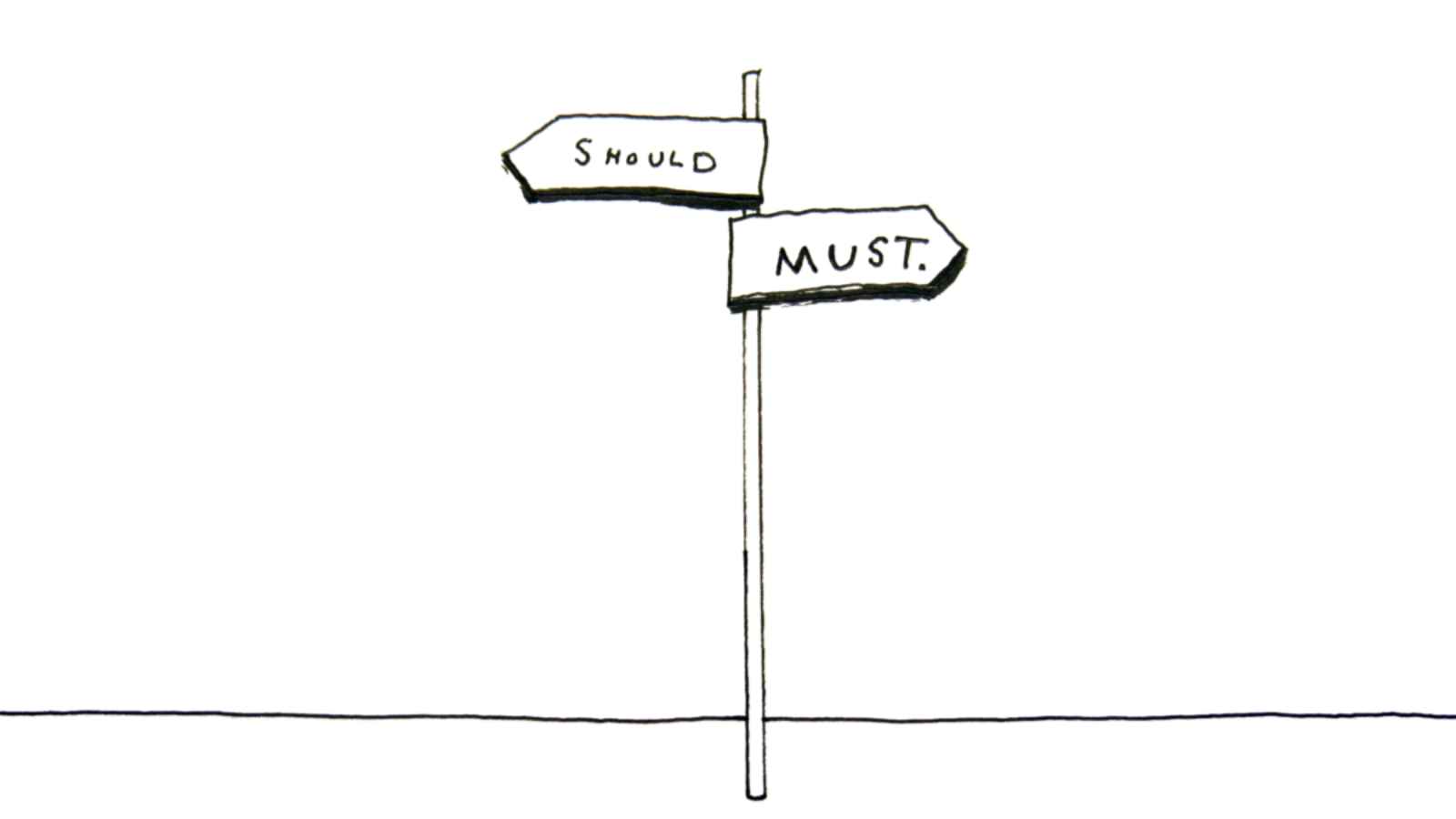Should vs Must: There are a few key words that can be used to distinguish between should and must. First, should is typically used for things that one might prefer, but not necessarily need to happen. For example, you might say that you should eat healthier, but you don’t have to if you don’t want to. Conversely, must is typically used when something is required by law or by social norms. For example, you must wear a seat belt when driving a car.
When to use should vs must
Should is used to indicate that something is recommended, but not required. For example, you might say, “You should wear sunscreen every day” to encourage someone to take precautions against the sun’s harmful rays. Conversely, must is used when something is required. For example, you might say, “You must wear a seatbelt” in order to stay safe on a bus or in a car.
Trip vs Tour: Difference between Trip and Tour
When to use should in sentences
There is a big difference between should and must when it comes to using verbs in sentences. Should is used when something is recommended or supposed to be done, while must is used when something is required by law or a contract.
Here are some examples:
1) You should brush your teeth before bed.
This is a recommendation – you are not required to brush your teeth before bed.
2) I must leave now.
This is a requirement – you cannot stay longer.
Lamb vs Sheep: Difference between Lamb and Sheep
When to use must in sentences
When you must do something, it’s mandatory. You can’t go around not following this rule because it will lead to consequences.
For example: “You must turn in your assignment on time.” This means that if you don’t turn the assignment in on time, there will be consequences.
Boy vs Man: Difference between A Boy and A Man
Should vs Must: Conclusion
There are a few key differences between should and must that you need to be aware of if you want to use these words correctly.
Should is more flexible, meaning it can be used in a range of situations where necessity demands, but not always. For example, “I should leave now” could mean “I ought to leave now” or “it would be best for me if I left now”. Similarly, “you must wear a helmet when riding your bike” means there is no choice but to wear one – but this isn’t always the case.
Must, on the other hand, is strictly enforced. This means that there are certain things that must happen in order for something else to happen (e.g., You must turn off the lights before leaving). If you don’t follow this rule, then it will have negative consequences (e.g., You have a mandatory meeting at 9am tomorrow



